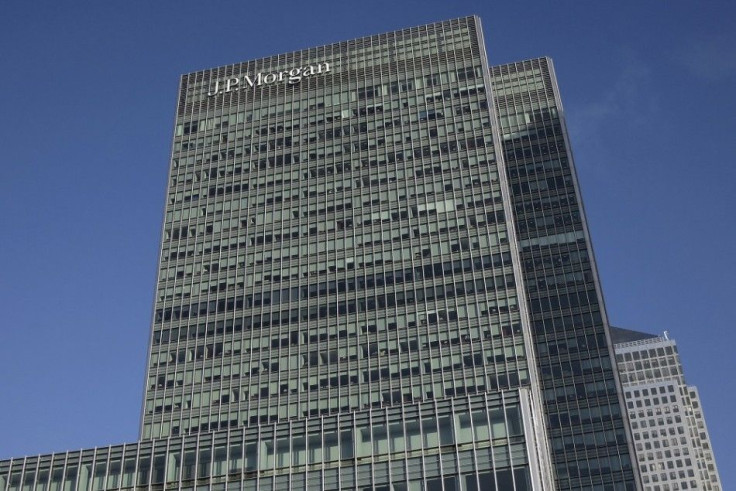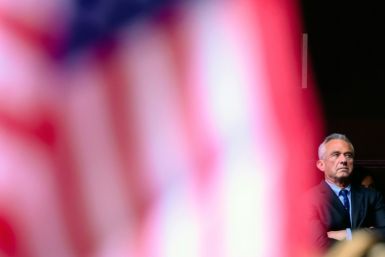US banks secure lead over Europe, JP Morgan on top

Investment banks in the United States have secure global lead over Europe, with the top five spots now firmly in the hands of US banks. Data from the industry analytics firm, Coalition, shows that JP Morgan keeps its reputation as number one in the global investment banking league in 2016.
The bank’s revenues surged 11 percent to US$25.2 billion ($AU32.8 billion) last year from US$22.7 billion ($AU29.6 billion) in 2015. The revenue came from trading, mergers and acquisitions, among other investment banking activities.
Last month, JP Morgan’s CIB CEO Daniel Pinto said the bank saw progress across all segments of equities. “Clients want bigger and better JPMorgan, and that’s where we invested,” he said.
Citi Bank, Goldman Sachs, Bank of America Merrill Lynch and Morgan Stanley are also among the top banks by revenue. Morgan Stanley is in fifth place in the ranking, a spot it shared with Germany's Deutsche Bank in 2015.
US banks currently take in around a two-thirds share of the investment banking revenue pie, with the gap consistently improving since 2011 when the split between the US and Europe was roughly 50-50. Amrit Shahani, research director at Coalition, said European banks went through some significant trading underperformance in 2016.
“They should improve, albeit from a low base. We expect them to maintain and build on their market share this year,” CNBC quotes Shahani.
Meanwhile, Reuters reports that shares in US banks dropped on Tuesday as investors shrunk back from a post-election rally over concerns that the US President Donald Trump would not be able to fulfil his promises for large-scale relief on tax and regulation. For instance, Bank of America Corp shares fell 5.8 percent while KeyCorp was down 6.5 percent.
Investors are concerned that if the Trump administration won’t manage to pass the healthcare bill this week, it would be harder to execute a regulatory reform. "The market is starting to get a little fed up with the lack of progress in healthcare because everything else is being put on the backburner,” RJ Grant, head of trading at Keefe, Bruyette & Woods in New York, said.
Rick Meckler, president of investment firm LibertyView Capital Management in Jersey City, backed up Grant’s statement, saying people are already looking at who would suffer if regulatory change is not pushed through. Trading in US Treasuries around the US Federal Reserve's rate hike announcement reportedly hurt US banks too.






